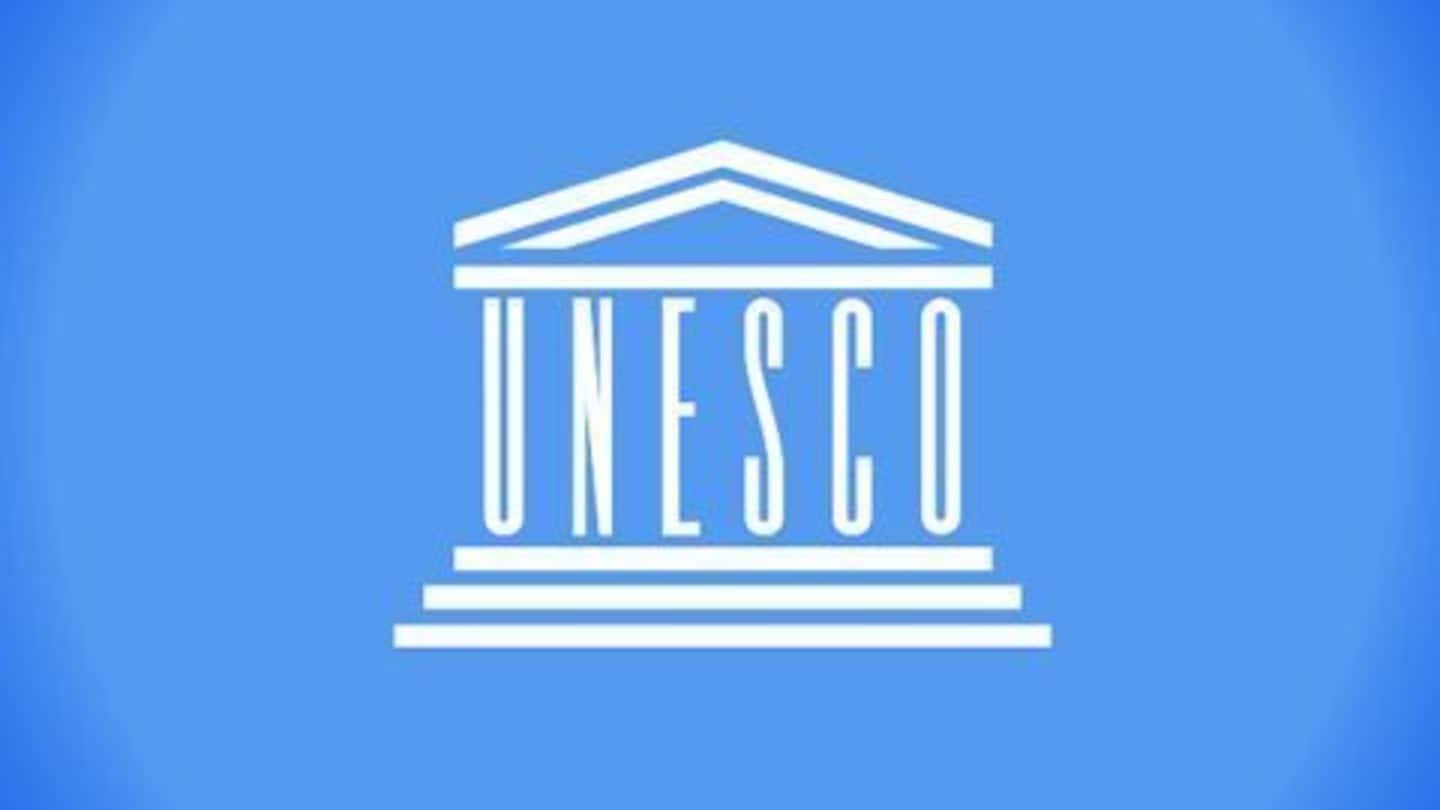
Education to propel progress towards global goals
What's the story
UNESCO's latest Global Education Monitoring Report reflects education's massive potential to propel progress towards the SDGs and a major transformation that's currently lacking.
The world is expected to be half a century behind in achieving the SDG 2030 deadline as regard to education.
According to existing trends, universal primary education will be in 2042, lower-secondary education in 2059, and upper-secondary education by 2084.
Introduction
UNESCO's GEM Report
Global Education Monitoring (GEM) Report is published by the United Nations Educational, Scientific, and Cultural Organization (UNESCO).
It describes the current scenario and monitors the progress towards education targets (of different nations) of the latest Sustainable Development Goals (SDGs) framework.
It is considered the most comprehensive report on education globally; since 2002, it has provided leading policy analysis on inequality and gender in education.
What are they?
Sustainable Development Goals (SDGs)
In September 2000, world leaders adopted 'Millennium Development Goals' (MDGs) that set out eight 'anti-poverty targets'. MDG's deadline was 2015 and it was enormously successful.
In January 2016, MDGs were replaced by SDGs, whose target date is 2030.
SDGs are 17 goals that will address the root causes of poverty, inequality and hunger.
UNESCO believes education is 'key' to achieving each of these goals.
UNICEF's Findings
Education in India
A report released by UNICEF in Jun'16 indicated the gap between the poor and rich children getting educated in India is 19%.
According to a UNESCO report release in July 2016, 47 million adolescents in India haven't made progress to secondary schools.
The report, however, did highlight India's progress in ensuring 'near-universal-enrollment' in schools through 'Sarva Shiksha Abhiyan' and the Right to Education Act.
Quote
Education's sad state of affairs
Flagging education as a major problem, UNICEF stated, "Globally, two in five children who finished primary schooling don't know how to read, write or do simple arithmetic. Over 124 million children in the world do not attend primary and lower-secondary schools."
GEM Report
Southern Asia could achieve global education in 2087
The report said universal primary education in Southern Asia would be achieved in 2051, lower secondary in 2062, and upper secondary in 2087.
The report urged various countries' governments to take inequalities in education seriously and track them by collecting information.
Several benefits of education's collaboration with other sectors were also outlined; for instance, reducing population growth, delivery of health, increasing crop yields, etc.